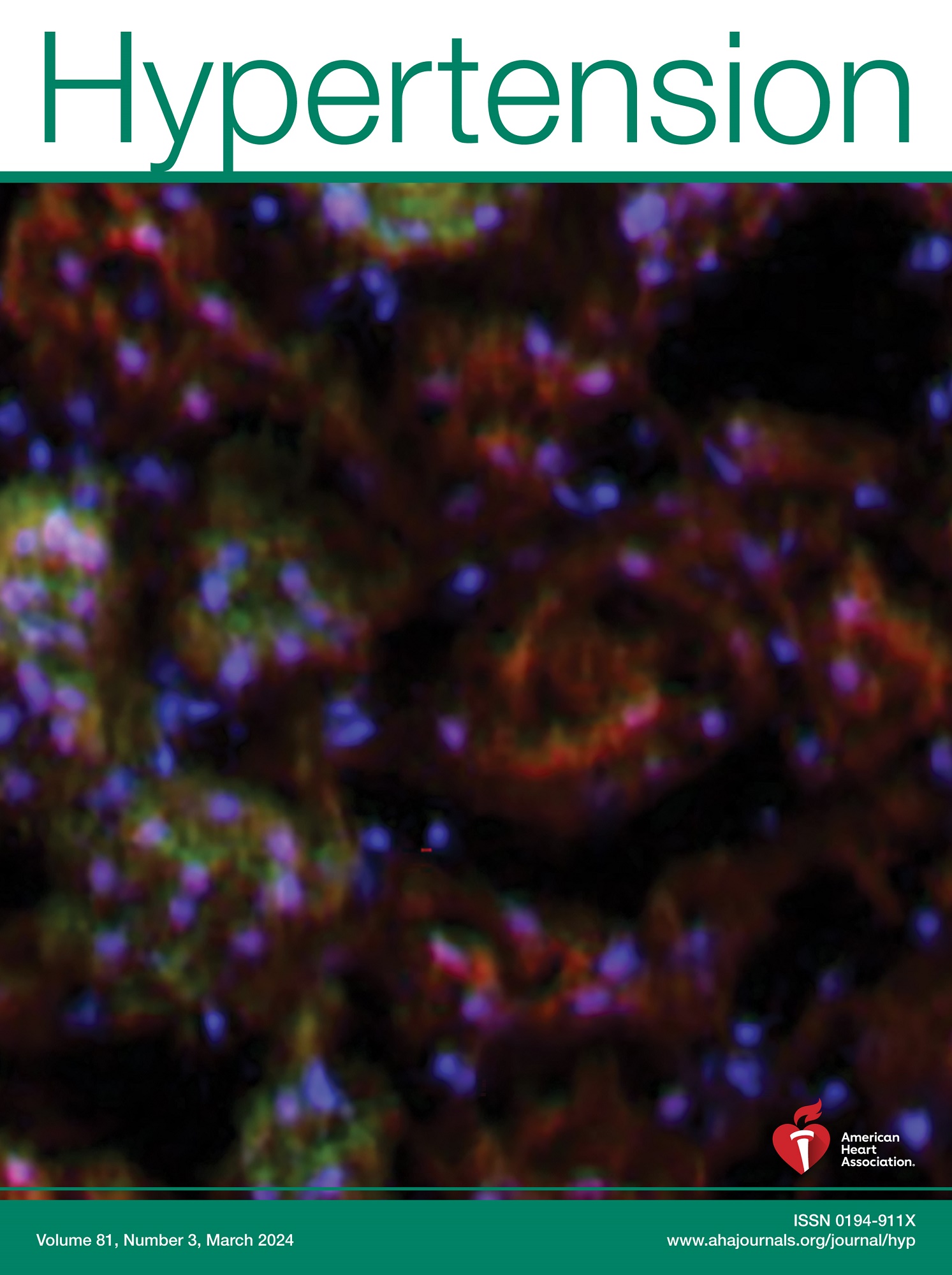CTRH as Biomarker of Drug Efficacy: In-Depth Assessment of Real-World Evidence.
IF 6.9
1区 医学
Q1 PERIPHERAL VASCULAR DISEASE
引用次数: 0
Abstract
BACKGROUND Observational studies have suggested that cancer treatment-related hypertension (CTRH) is associated with improved survival and could possibly serve as a biomarker of drug efficacy. Our review aimed to provide an in-depth assessment of the methodological quality of available observational studies. METHODS We systematically searched MEDLINE/PubMed from inception to January 2025 for observational studies that assessed the potential association between the development of CTRH and the risk of cancer-related outcomes, including progression-free survival and overall survival. We assessed the methodological quality of the identified studies using the Risk of Bias in Nonrandomized Studies of Interventions tool. RESULTS We identified 25 observational studies with a total of 6364 patients treated for different cancer types that assessed the potential association between CTRH and the risk of progression-free survival and overall survival. All studies examined CTRH related to the use of vascular endothelial growth factor inhibitors. CTRH was mostly associated with improved progression-free survival and overall survival across cancer types with up to 79% decreased risks. Based on the Risk of Bias in Nonrandomized Studies of Interventions, 8 studies were at critical, 13 studies were at serious, and 4 studies were at moderate risk of bias. Major biases included important residual confounding, reverse causality, immortal time bias, and exposure misclassification. In studies at moderate risk of bias, the survival benefits associated with CTRH disappeared or were attenuated significantly. CONCLUSIONS Observational studies alluding to CTRH being a marker of drug efficacy have major, potentially conclusion-altering biases. Therefore, the findings of our review do not support CTRH as a biomarker of drug efficacy.CTRH作为药物疗效的生物标志物:真实世界证据的深度评估。
背景:观察性研究表明,癌症治疗相关性高血压(CTRH)与生存率提高有关,可能作为药物疗效的生物标志物。我们的综述旨在对现有观察性研究的方法学质量进行深入评估。方法:我们系统地检索MEDLINE/PubMed从成立到2025年1月的观察性研究,评估CTRH的发展与癌症相关结局(包括无进展生存期和总生存期)风险之间的潜在关联。我们使用干预措施的非随机研究的偏倚风险工具评估已确定研究的方法学质量。结果:我们纳入了25项观察性研究,共纳入6364名接受不同癌症类型治疗的患者,评估了CTRH与无进展生存风险和总生存期之间的潜在关联。所有的研究都检查了CTRH与血管内皮生长因子抑制剂的使用有关。CTRH主要与各种癌症类型的无进展生存期和总生存期的改善相关,风险降低高达79%。基于非随机干预研究的偏倚风险,8项研究处于严重偏倚风险,13项研究处于严重偏倚风险,4项研究处于中等偏倚风险。主要偏差包括重要残留混淆、反向因果关系、不朽时间偏差和暴露错误分类。在中等偏倚风险的研究中,与CTRH相关的生存获益消失或显著减弱。结论:将CTRH作为药物疗效指标的观察性研究存在重大的、可能改变结论的偏差。因此,我们的研究结果不支持CTRH作为药物疗效的生物标志物。
本文章由计算机程序翻译,如有差异,请以英文原文为准。
求助全文
约1分钟内获得全文
求助全文
来源期刊

Hypertension
医学-外周血管病
CiteScore
15.90
自引率
4.80%
发文量
1006
审稿时长
1 months
期刊介绍:
Hypertension presents top-tier articles on high blood pressure in each monthly release. These articles delve into basic science, clinical treatment, and prevention of hypertension and associated cardiovascular, metabolic, and renal conditions. Renowned for their lasting significance, these papers contribute to advancing our understanding and management of hypertension-related issues.
 求助内容:
求助内容: 应助结果提醒方式:
应助结果提醒方式:


